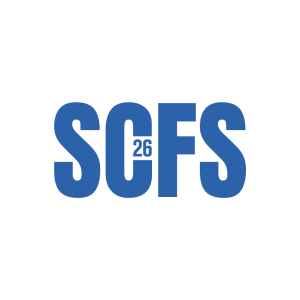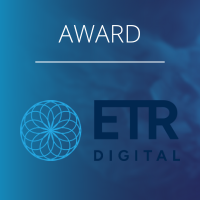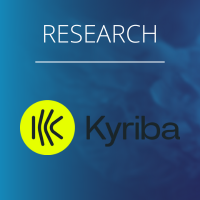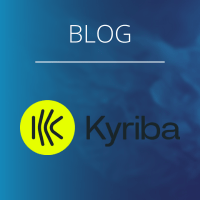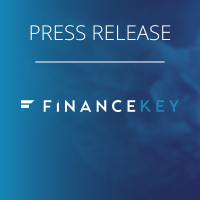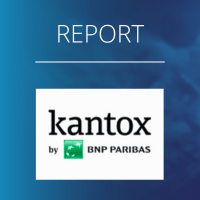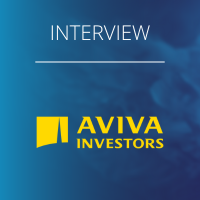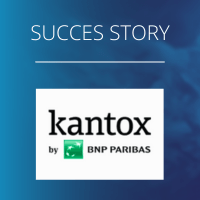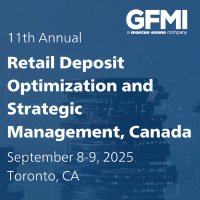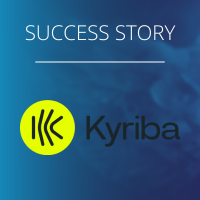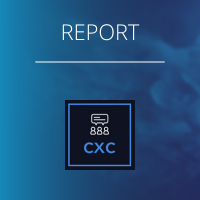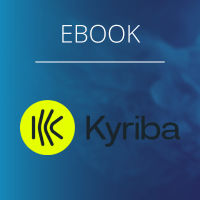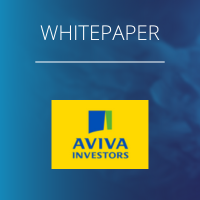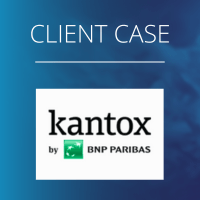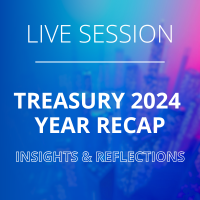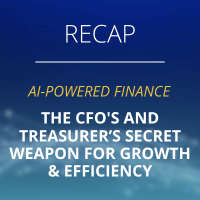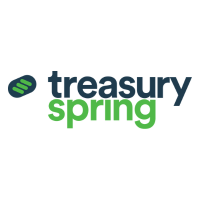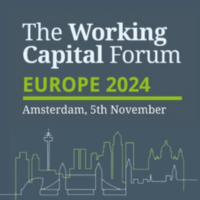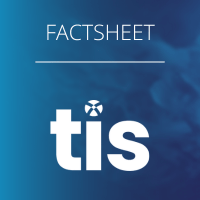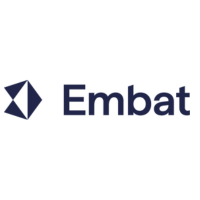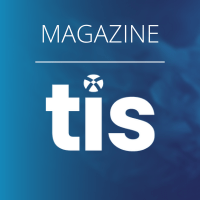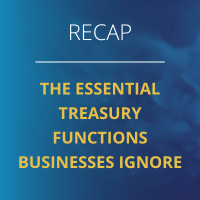Working Capital Management (WCM) is short-term financial planning. It is the set of tactics employed by Treasury to meet an organisation’s cash needs over the upcoming 12 months.
Technically speaking, “Working Capital” is defined as a company’s current assets minus its current liabilities. If the value of the assets that can be sold within the next 12 months, i.e., the company’s “current assets”, exceeds the value of the liabilities that are owed within the next 12 months, the company has a working capital surplus. If not, the company has a working capital deficit. In essence,
Working Capital Management comes down to a simple question: based on what I own, can I meet my financial obligations over the next 12 months? Your ability to pay the bills is a measure of your financial stability. Working Capital Management concerns the instruments and measures at your disposal to manage your financial stability.
How and why do you manage your Working Capital?
Paying bills with the cash that you have is cheaper than paying with what you can borrow from the bank, because to borrow money you must pay interest. This is not good for profitability. On the other hand, having too much cash in your current account is, certainly with historically low interest rate levels, also not appealing. The optimal amount of cash varies per company, but either extreme – having no cash or having too much cash – is not optimal. Let’s elaborate.
Often, the term “Cash Conversion Cycle” (CCC) is associated with Working Capital Management (WCM). The Cash Conversion Cycle is primarily about the time delay between cash flowing out of the company to pay suppliers and cash flowing into the company from customers. What are the payment terms of your supplier? How long are products in stock? How long does it take to convert raw materials into finished products? How long does a client take to pay? All of these questions can be answered by a variety of specialists: sales, procurement, accounts receivable, et cetera. Increasingly, the corporate treasury department either helps to optimise WCM or is allowed to take the lead.
Want to see how much cash you could free up?
Try the quick calculator below to discover your potential. This simple tool gives you a clear picture of the benefits, with complete privacy guaranteed. Your results are for your eyes only, and we don’t store any of your information.
Regardless of the specialists involved, it is the job of Corporate Treasury to optimise cash flows based on the company’s needs and in light of its overall financial strategy. Corporate Treasury manages the levels of cash in current accounts, arranges short-term funding with banks, and invests excess cash. To accomplish its goals, there are a variety of financial instruments available, and the treasurer’s financial toolkit is still getting bigger.
One such tool is known as “factoring”. In factoring, another company pays you for the right to collect money from your customers, who owe you money. In essence, factoring companies buy your invoices, which allows you to receive the money that you are owed more quickly. The factoring company receives a premium and takes over the process of collecting the money. Leasing is another example. Rather than buying the assets that a company needs, it may lease them instead. As a result, the company needs less cash and improves its Working Capital.
Examples of Working Capital Management activities
Treasurers with a good sense of business can help their colleagues to improve the company’s WCM metrics and the financial health of the company, both on the asset and on the liability side. Sometimes they deploy financial instruments. More often, they help with changes to the fundamental process of Working Capital Management.
Here are some examples:
- Sometimes, global retailers that negotiate payment terms with their suppliers, in which they agree that payment is due only when goods are sold in their stores. The manufacturer of jeans in the Far East is paid only when the customer in Europe makes the purchase. This eliminates the usual delay between cash going out to the supplier and cash coming in from the customer.
- When a company needs cash fast, it can consider giving clients a discount when they pay in advance. A plumbing company might not send invoices to customers, for example, but give its staff a portable payment terminal to receive payment from the customer on the spot. This speeds up the company’s Cash Conversion Cycle.
- As mentioned above, leasing is a common way of increasing a company’s Working Capital. Rather than buying the assets that a company needs, it may lease them instead. More complex transactions used to generate cash quickly involve the use of the assets that a company already owns. In “sale-and-leaseback” deals, a company sells its assets in exchange for cash and then rents the assets back.
- A more obvious way to increase available cash is to enforce the company’s credit policy. To do this, the company will hire and train credit managers, who professionally call clients and ask them to obey payment terms.
Frequently asked Working Capital Management questions
- Q: Why do most companies not have a WCM department? Working Capital Management entails a variety of tasks covered by various departments. Information from each is required to do proper WCM and soliciting cooperation from all departments is often difficult. Legal must cooperate with sales to define proper payment terms. Sales and Accounts Receivable (AR) should discuss how to communicate with clients and structure deals. Treasury should coordinate with AR regarding how cash forecasting looks. Only together can these departments manage the company’s Working Capital effectively.
- Q: When does WCM get extra attention?
When revenues and profits are good, rigorous Working Capital Management is often found unnecessary. When the company is sold or profits fall, the importance of cash increases and time is invested in proper WCM. Usually, there is no one department or functional area of a company that is responsible for WCM. For this reason, it is sometimes overlooked until cash flows become tight.
- Q: Why is inventory management mentioned about WCM?
High inventory levels hurt cash. When a company has a lot of goods in inventory (both parts and finished goods), payment often has been made, and cash levels will have sunk. (Note: The obvious way to improve such a situation is to lower inventory. This often proves difficult, however, because many stores rely on a full stock of inventory in order to make sales.)
Working Capital Management summary
Working Capital Management is always important for companies, and at certain times it is vital. Cash flow can make or break a company. Without it, you cannot pay the bills, and yet WCM is often difficult to implement. On the one hand, there are many organisational measures and financial instruments that can enable successful WCM. On the other hand, the interdepartmental nature of WCM and the lack of consistent support for WCM initiatives from company leadership hinder a stable and consistent WCM practice.
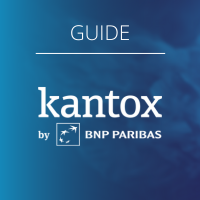 https://treasuryxl.com/wp-content/uploads/2026/01/KantoxBLOGS-featured-10-1.png
200
200
treasuryXL
https://treasuryxl.com/wp-content/uploads/2018/07/treasuryXL-logo-300x56.png
treasuryXL2026-01-22 08:13:532026-01-22 08:16:55Hedge Accounting Made Easy Guide
https://treasuryxl.com/wp-content/uploads/2026/01/KantoxBLOGS-featured-10-1.png
200
200
treasuryXL
https://treasuryxl.com/wp-content/uploads/2018/07/treasuryXL-logo-300x56.png
treasuryXL2026-01-22 08:13:532026-01-22 08:16:55Hedge Accounting Made Easy Guide

